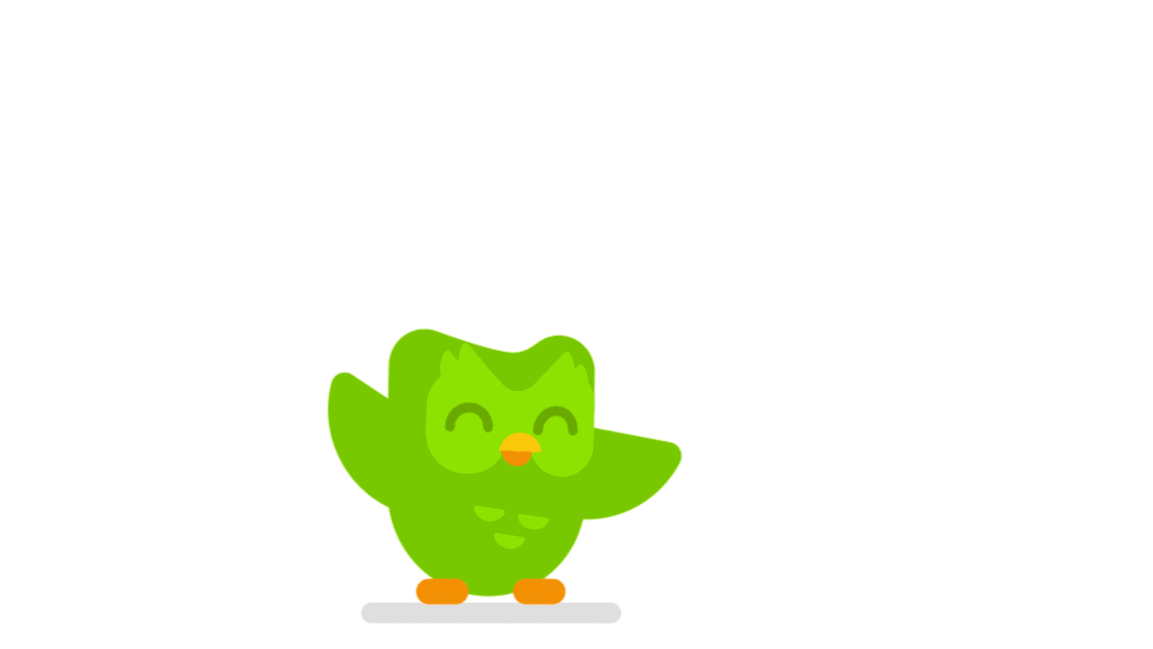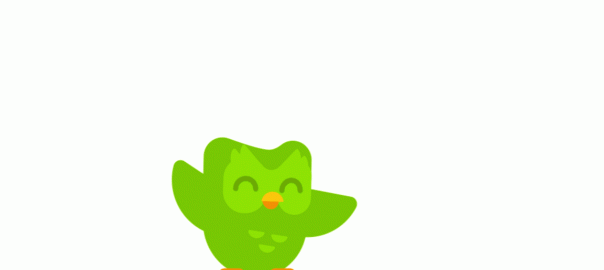
“Have you been physically or emotionally injured by Duolingo?” asked the attorney, who promised to get victims millions in compensation.
It wasn’t a real TV ad from a scummy lawyer, but an April Fool’s prank released earlier this month by Duolingo, the popular education app known for its gamification of language learning and for its passive-aggressive reminders (“It would be a bummer to lose that 7-day streak. Just saying.”)
In the past, Duolingo has said that its guilt-laden nags get better results. In tests, the company reportedly found that customers are more likely to open emails with the subject line, “You made Duo sad????”
“Specifically, when we’ve tested other options, we’ve found them to be between 5% and 8% less effective at getting learners to take a lesson,” a spokesperson told Debugger.
Increasingly, the company has leaned into its reputation as sort of a bully in its marketing efforts. (“Beg for your life in German!” one user joked on Reddit.) On TikTok, the company’s mascot, Duo, a cute green owl with a mischievous streak, has become like the modern version of the Kool-Aid man. But instead of unexpectedly busting through walls, it’s twerking in the office, getting inappropriate with the photocopier, expressing its love for Dua Lipa, and holding the office dogs hostage until you do your Spanish lesson.
And it’s working for Duolingo. Since 2021, the company has grown its TikTok audience to 4 million followers and routinely fetches more than 1 million views per video. At the same time, it’s become one of the most popular educational apps with more than 500 million downloads and $250 million in revenue in 2021, up 55% from 2020.
Of course, Duolingo isn’t the first brand to gain followers by being funny and irreverent on social media: Brands like Wendy’s, Innocent Drinks, and Steak-umm have seen their controversial takes—and brutal roasts of people on Twitter—get attention. But the company definitely stands apart in the e-learning industry, where competitors like Rosetta Stone and Babbel are often more serious and professional, and tend to focus their social media marketing on sharing content about the subjects they teach.
TikTok users follow Duolingo because its posts are funny. But some research suggests that an irreverent approach also comes across as more authentic to consumers than traditional marketing and can significantly impact the perceived value of a company’s products and the perception of a brand’s trustworthiness.
Regularly using the Duo owl mascot as the butt of the joke is disarming, and pointing out that it’s a brand using social media to reach customers helps the company come across as more genuine. As a result, the dialogue feels like a shared joke, and that’s particularly entertaining, even if Duolingo’s mascot is making fun of itself, its employees, or its customers.
The caption for the post reads: “We only say gay rights in this house,” a signal that the brand is liberal and understands the cultural lexicon but is not afraid to ostracize people.
Granted, Duolingo’s social media approach isn’t one that most brands can pull off. Being silly on social media is risky and can backfire if not done with intention, buy-in from leadership, and self-awareness. What works for Duolingo is the brand’s tone of voice, which is comedic, deliberately self-referential, opinionated, and, above all, consistent, which is critical to being believable and memorable.
One recurring story line features the Duolingo lawyer on TikTok pretending that the mascot’s actions on social media have gotten the company in legal trouble. This series is refreshing, as it’s a reaction to the company’s content being considered “unhinged,” so it’s attempting in real time to make fun of social media discourse on social media. Because it’s a funny, unexpected topic to harp on, each addition builds camaraderie between the brand and its followers as they’re part of a developing inside joke.
Brian Honigman is a marketing consultant, adjunct professor, and LinkedIn Learning instructor.
(40)





